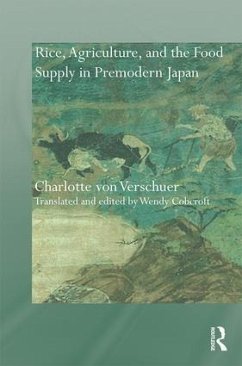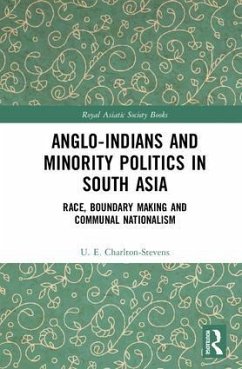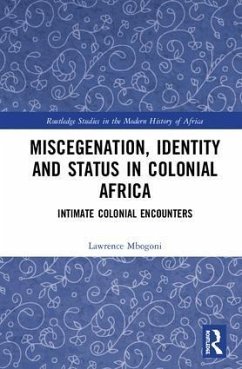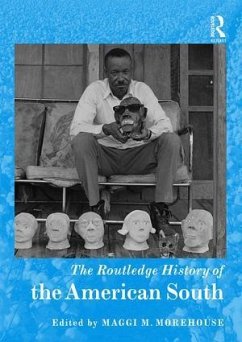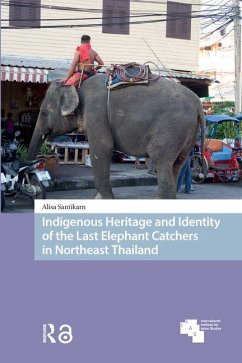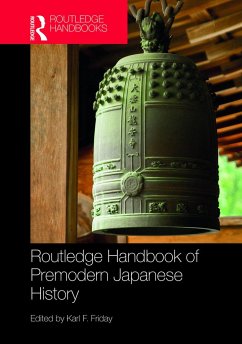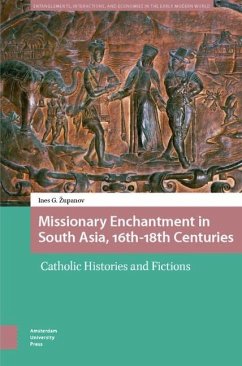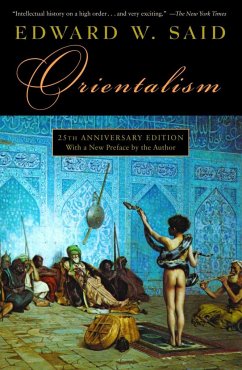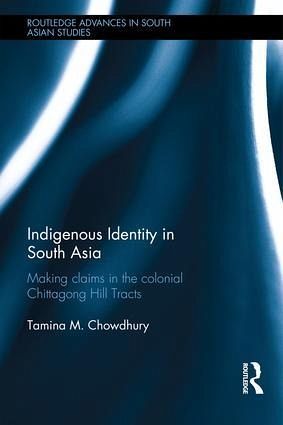
Indigenous Identity in South Asia
Making Claims in the Colonial Chittagong Hill Tracts
Versandkostenfrei!
Versandfertig in über 4 Wochen
196,99 €
inkl. MwSt.

PAYBACK Punkte
98 °P sammeln!
After the creation of Bangladesh in 1971, an armed struggle ensued in its remote south-eastern corner. The hill people in the Chittagong Hill Tracts demanded official recognition and autonomy as the indigenous people of the Tracts, based on the claim that they were ethnically distinct from the majority 'Bengali' population. This book challenges the general perception that indigenous claims coming from the Tracts are a recent phenomenon, which emerged with the founding of the Bangladesh state. By analysing the processes of colonisation in the Chittagong Hill tracts, it is argued that identities...
After the creation of Bangladesh in 1971, an armed struggle ensued in its remote south-eastern corner. The hill people in the Chittagong Hill Tracts demanded official recognition and autonomy as the indigenous people of the Tracts, based on the claim that they were ethnically distinct from the majority 'Bengali' population. This book challenges the general perception that indigenous claims coming from the Tracts are a recent phenomenon, which emerged with the founding of the Bangladesh state. By analysing the processes of colonisation in the Chittagong Hill tracts, it is argued that identities of distinct ethnicity and tradition first began to evolve under British patronage in the 1920s.



